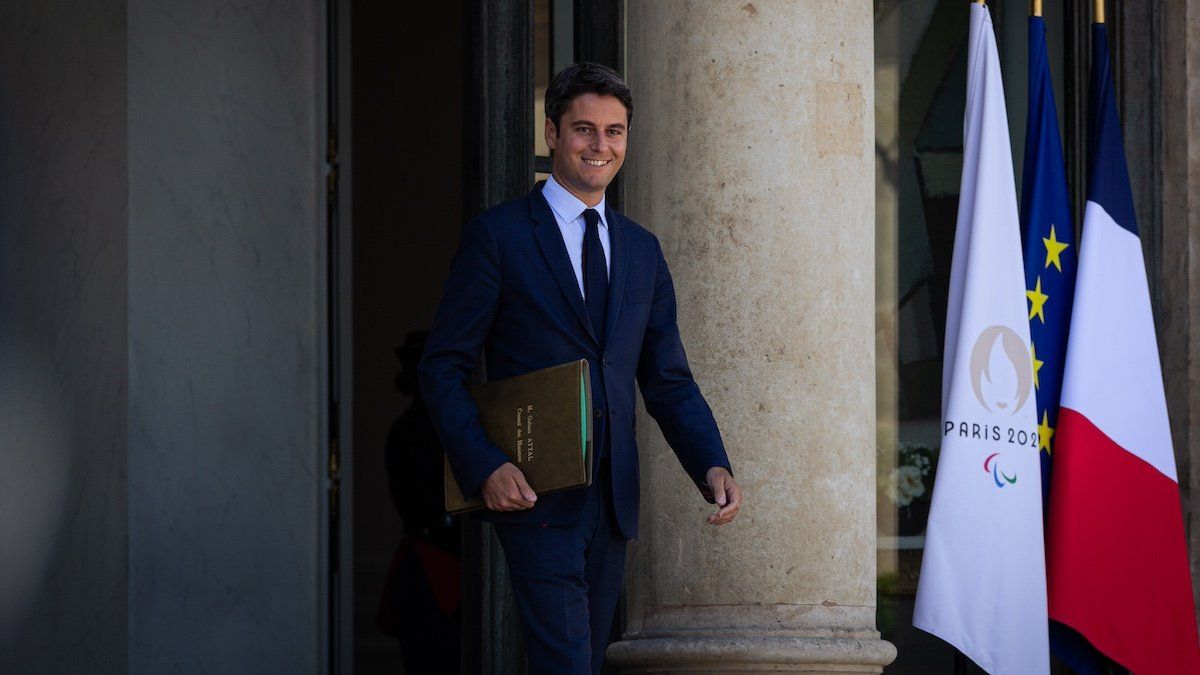French President Emmanuel Macron accepted the resignation of his Prime Minister, Gabriel Attal, on Tuesday. Who will take his place? Good question!
France now enters a fraught transition period in which Macron’s outgoing ministers act as a caretaker government while a new coalition is hammered out.
As a reminder, this all resulted from the French snap election, which took place a million news cycles ago earlier this month. Marine Le Pen’s far right National Rally party won more seats than any other single party, but lost to the New Popular Front, a leftwing patchwork in which Jean-Luc Melénchon’s far-left France Unbowed party is the biggest player.
Macron, whose centrist party placed third, called for an agreement “as soon as possible.” But it could take time. None of the blocs has enough seats to form a government alone, and coalition-building among political rivals after elections is uncommon in France. The Europhile Centrist Macron and the Euroskeptic hard-left Melénchon, for example, share little beyond a common disdain for Le Pen.
France’s transitions have never lasted more than 9 days, but as things stand, it would be a gold medal miracle if France has a new government before the Paris Olympics start next Friday.
